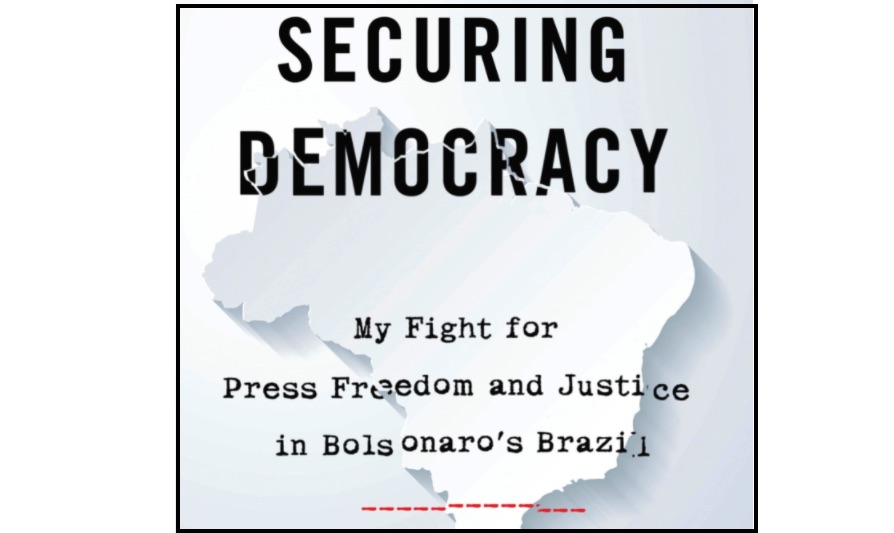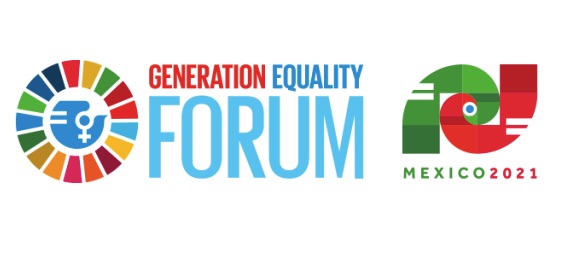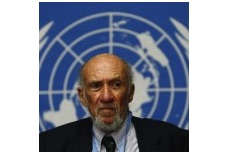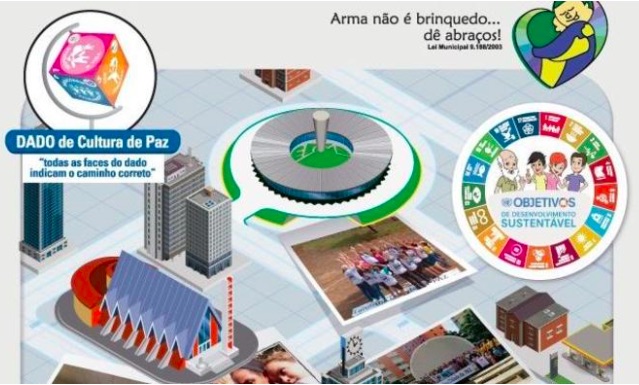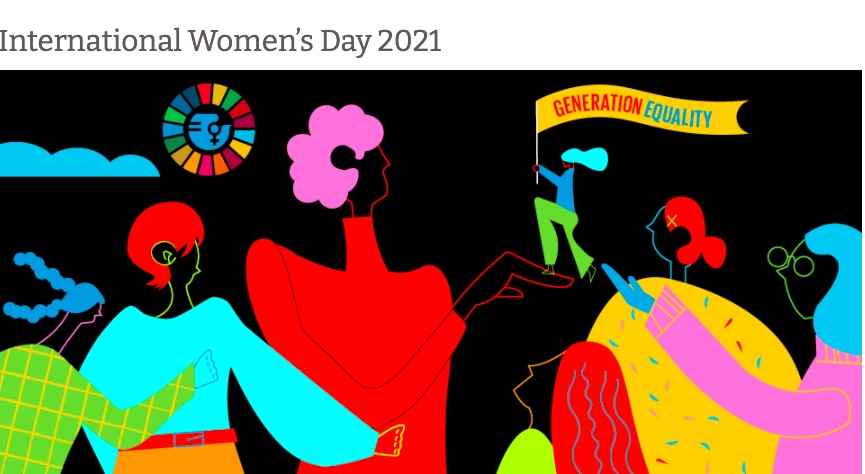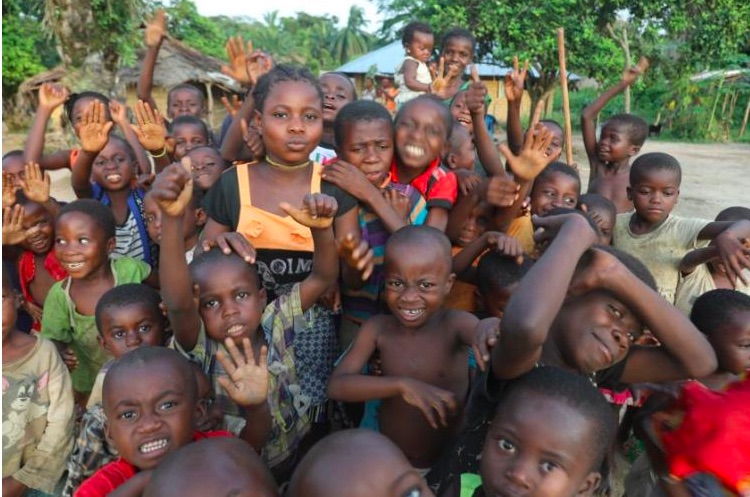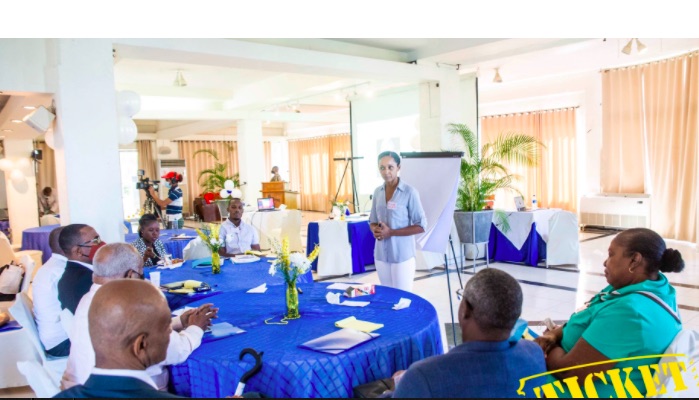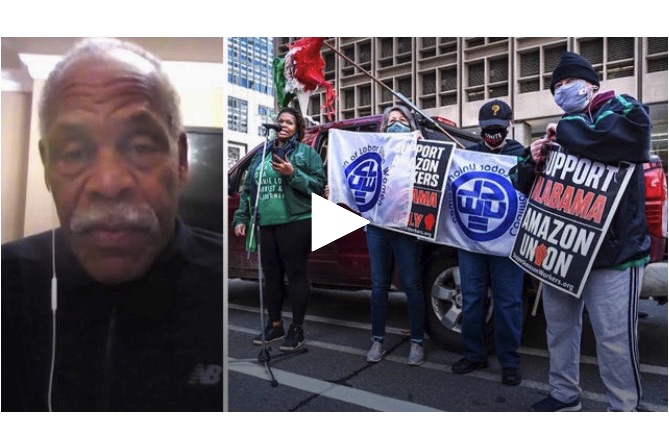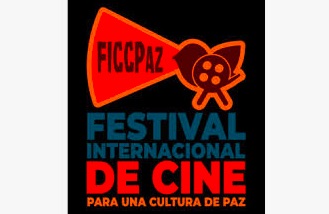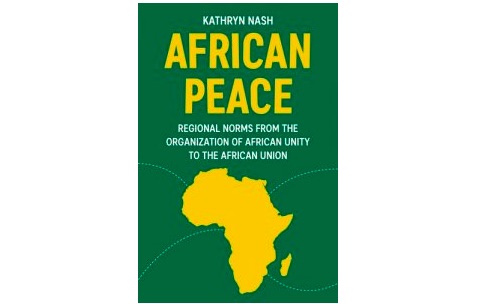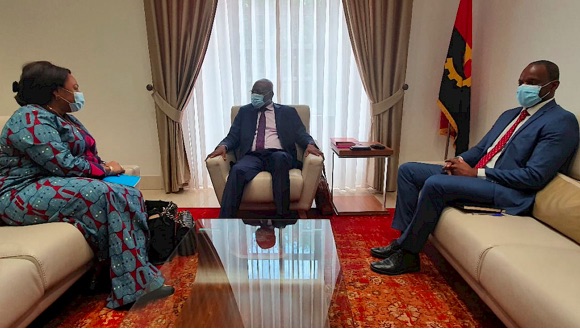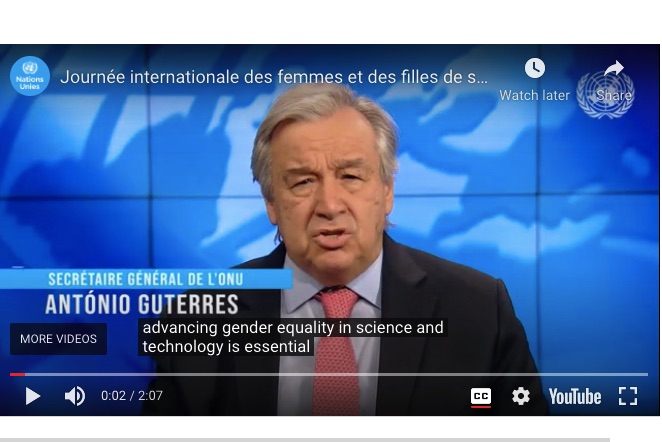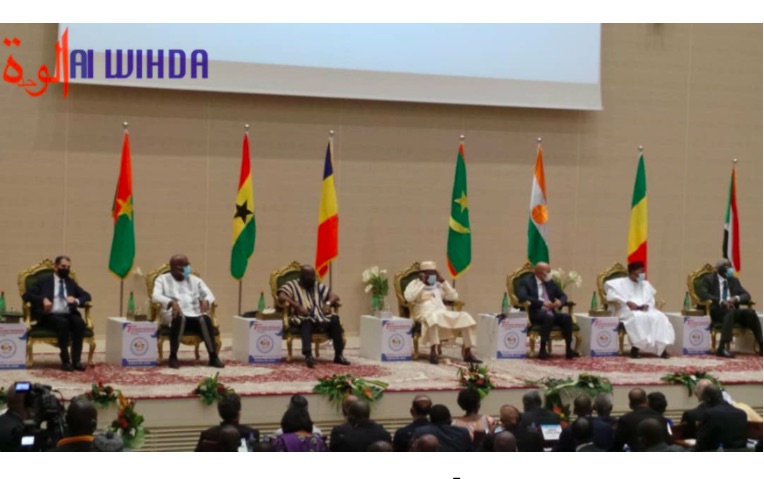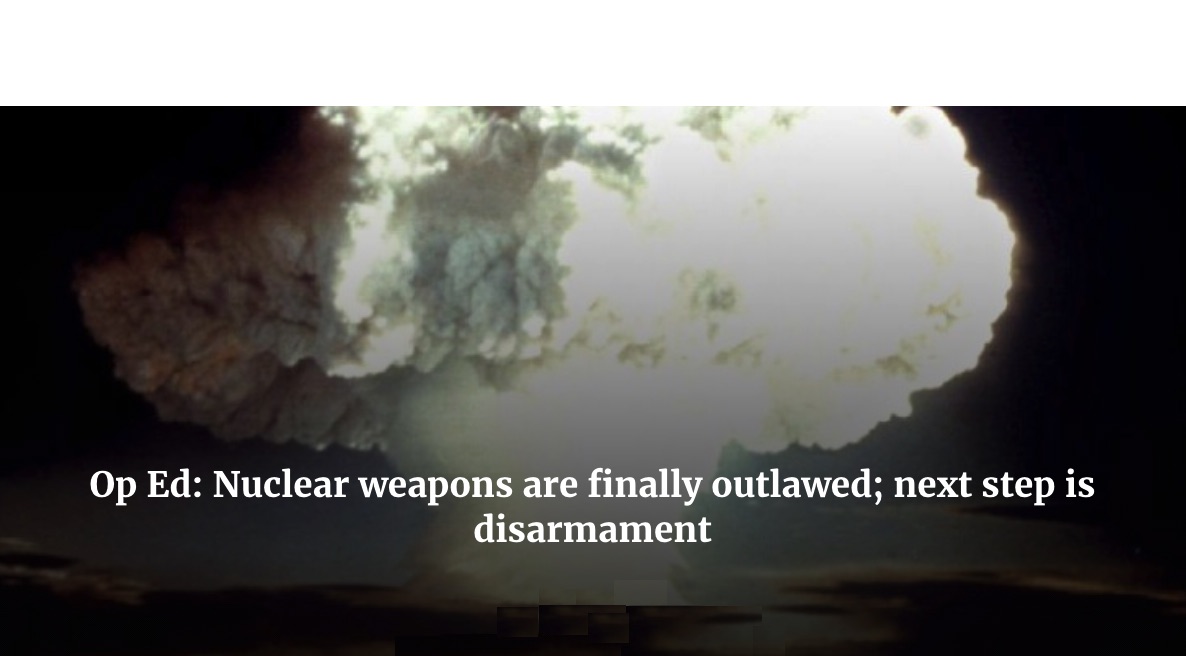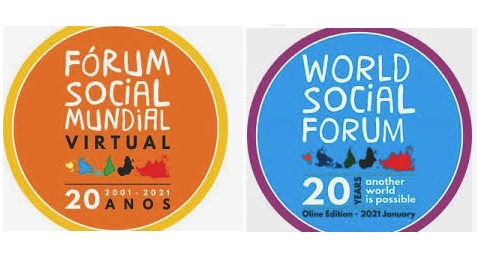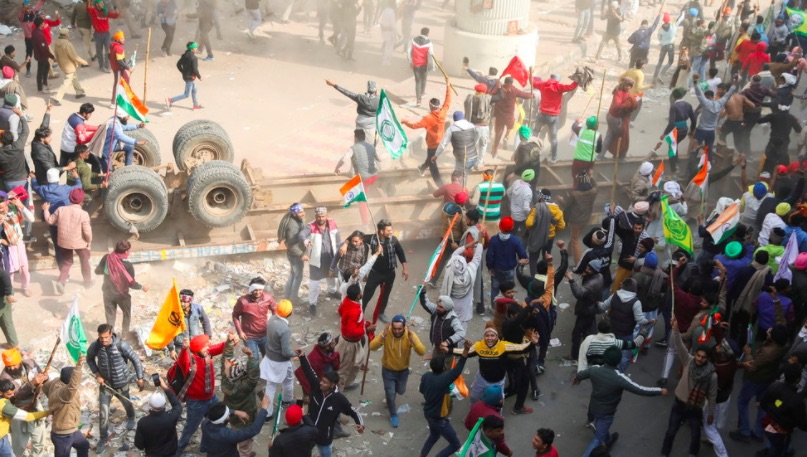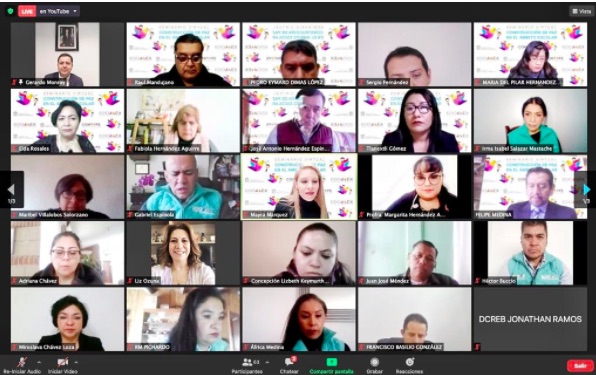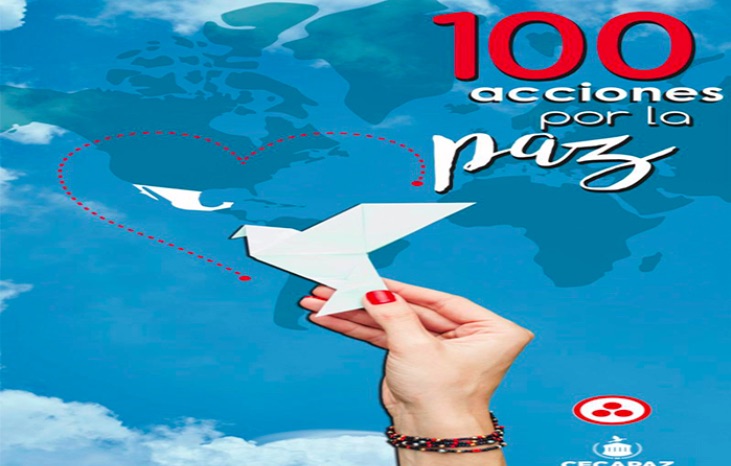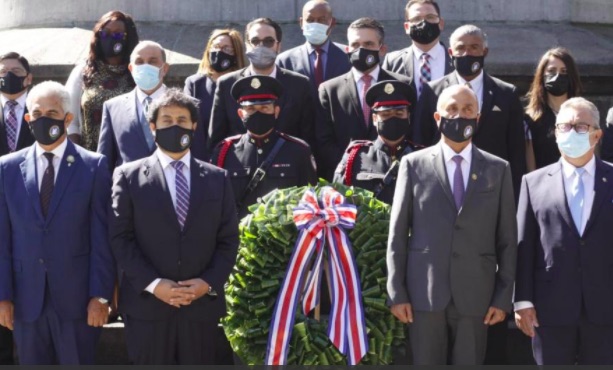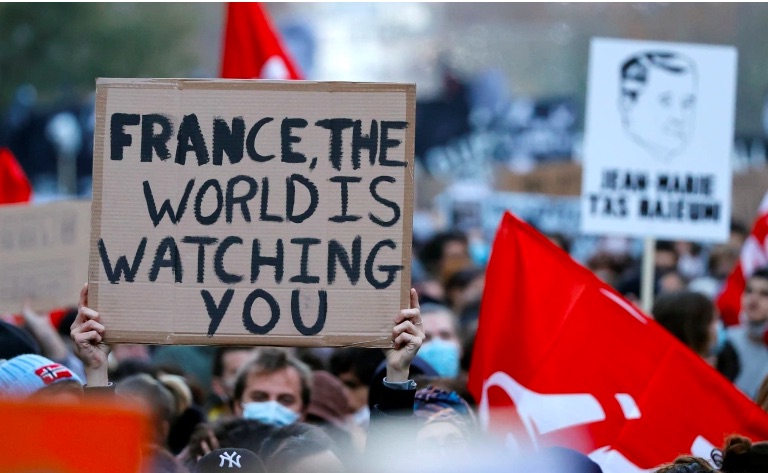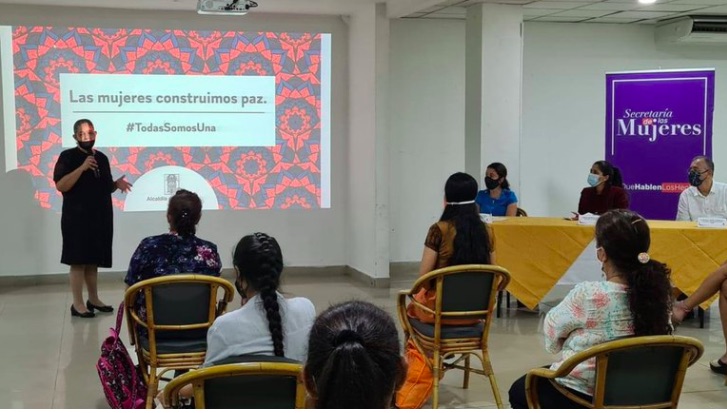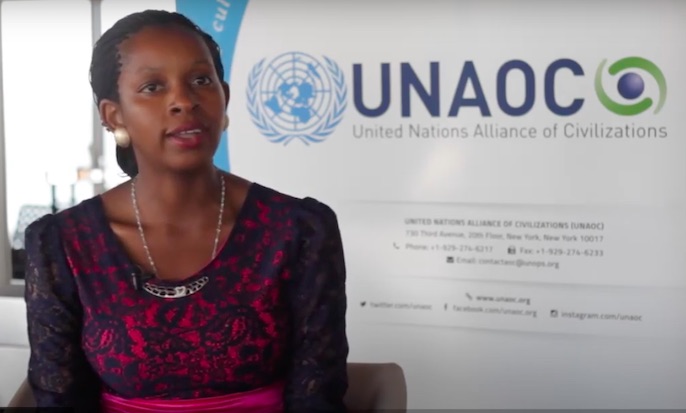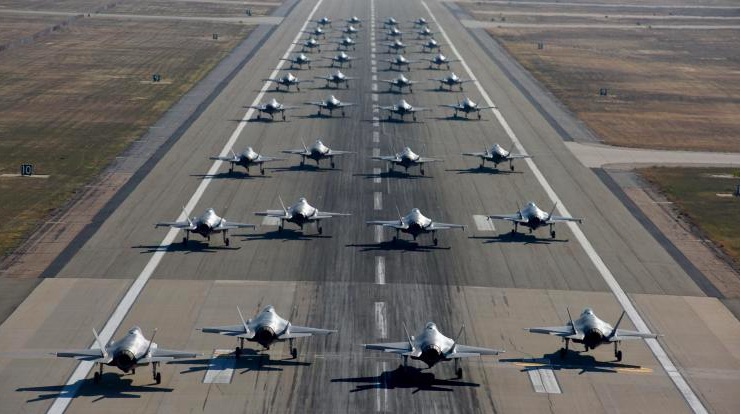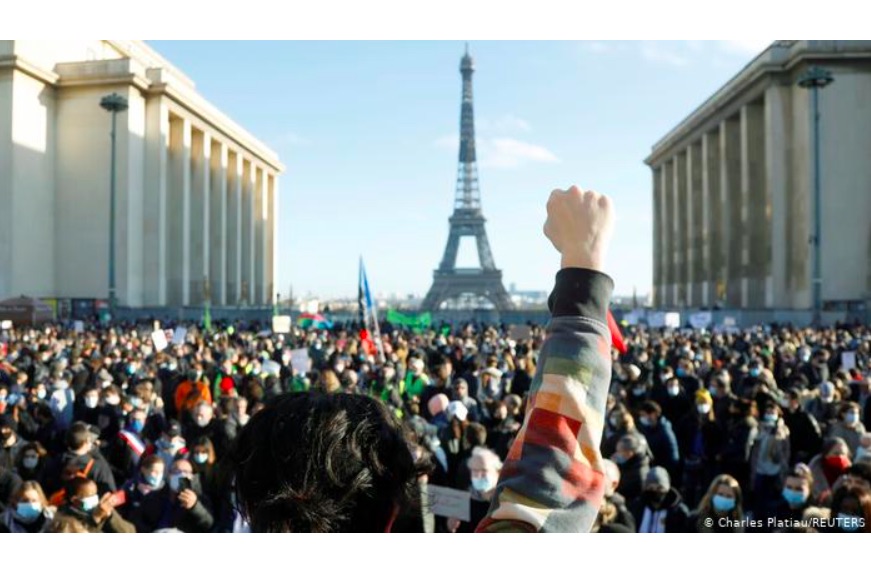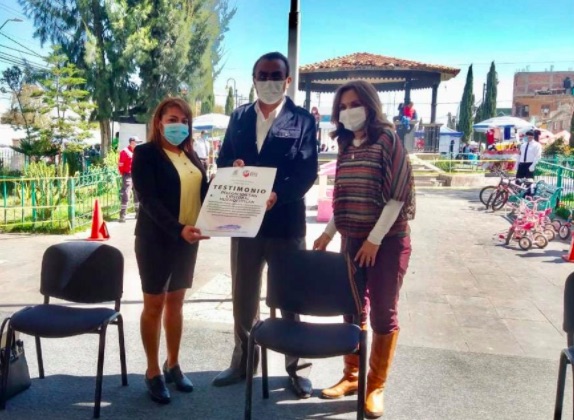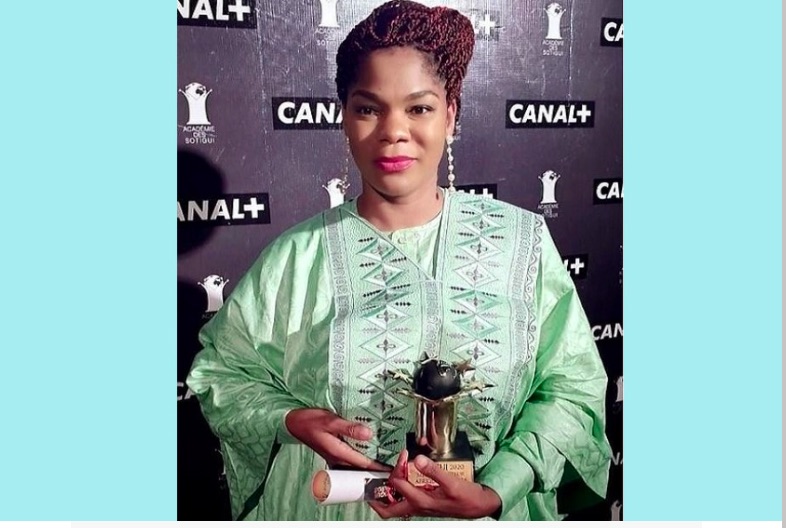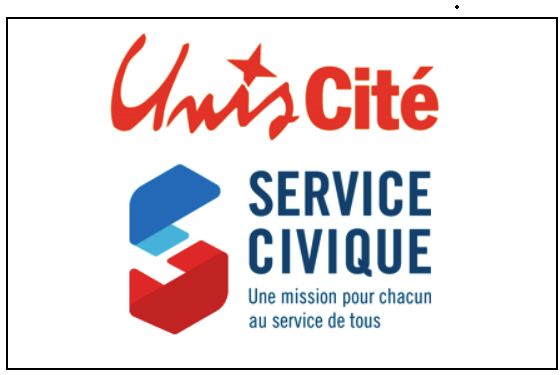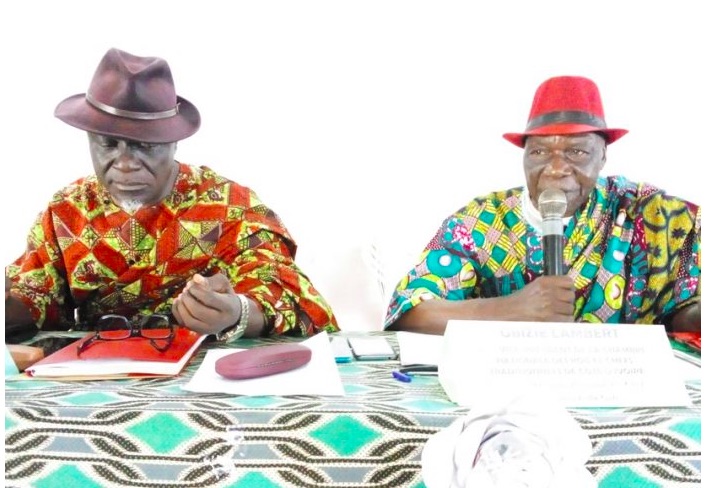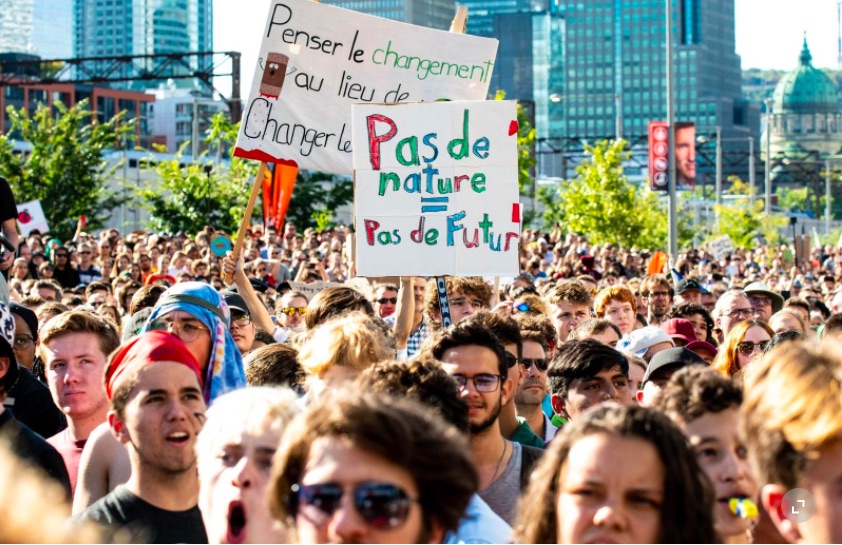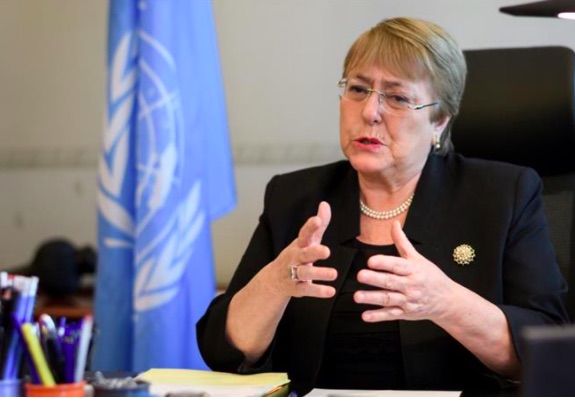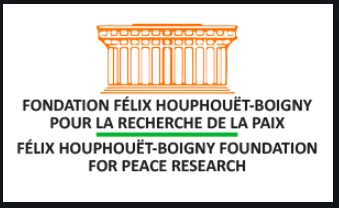This month sees continued advances on the themes presented in the last few bulletins: the leadership of women and youth for a culture of peace in Africa; and the struggle against Israeli apartheid in the Middle East.
The Luanda Biennale, to be held October 4-8, will continue the development of networks promoting the “creation of a continental and sustainable movement for peace.” These include the Pan-African Youth Network for the Culture of Peace and the Pan-African Women’s Network for the Culture of Peace and Sustainable Development.
The Kinshasa Declaration, launched at the Generation Equality Forum [Paris, July 2], outlines concrete actions for African Union member countries to advance gender equality in Africa by 2030. The Declaration was drafted during the Conference on Gender Equality held in Kinshasa on June 10, and is the result of a large mobilization of pan-African groups including youth, civil society, researchers, government officials, activists and international organizations.
The African Union has announced that they have finished the call for nominations of African women who have exceptionally advanced the women, peace and security agenda in Africa. The selected women will be featured in an upcoming commemorative book featuring twenty African women. A chapter will be dedicated to each woman to share her story or contribution to either of the four pillars of UN Resolution 1325 namely; prevention, protection, participation and/or relief and recovery as part of the peace and security activities.
The African Union Special Envoy for Women Peace and Security, Mme Binetta Diop, has shared the findings of the UN-AU high level Solidarity Mission to the Republic of Nigeria and the Democratic Republic of Congo (DRC). In both countries, the delegation met grass root women leaders, and the Chibok Girls, who have been rescued from Boko Haram. There are big camps for IDPs (displaced persons) including the Dalori camp in Nigeria, and the Mugunga IDP camp in the Democratic Republic of Congo. We held a focus group discussion with women IDPs to further gain understanding and learn from their experiences.
In Nigeria, The First Ladies of Osun and Kaduna States have been elected chairpersons of the Southern Governors’ Wives Forum and Northern Governors’ Wives Forum respectively. The forums ensure increased participation of women in governance, the construction of a culture of peace in communities across the country and access to education for girls.
In Côte d’Ivoire, delegations of women from several African countries have been participating in a training workshop in peace education and socioeconomic empowerment. “Women cannot remain on the sidelines of our priorities. For this, we need to take into account the issue of gender and education for a culture of peace as a new and promising theme allowing everyone to truly play the role of mediators, educators, actors. of peace and reconcilers,” underlined Dr Diénéba Doumbia, the director of the Regional Center for Education and the Culture of Peace that provided the training.
At the WANEP-GUINEA school, a training workshop was held with about 50 women “in order to allow the communities of Conakry and those of Upper Guinea to develop the culture of peace.” The training enables a sharing of experiences between women with strong experience in their professional career and young women at the start of their careers.
In Uganda, 15 Rotary Peace Fellows gathered at Makerere University for the inaugural session of Rotary International’s new peace center. Among them, the peace center’s first cohort represented 11 countries and spoke, in addition to English, a dozen African languages, including Luganda, Swahili, and Zulu. “Coming from diverse backgrounds, and yet with a shared desire for peace in Africa, they are the epitome of unity in diversity,” said Anne Nkutu, the host area coordinator for the Makerere University peace center.
Finally, in a remarkable contribution to the struggle against Israeli apartheid, two former ambassadors from Israel to South Africa have written that “It is time for the world to recognize that what we saw in South Africa decades ago is happening in the occupied Palestinian territories too. And just as the world joined the struggle against apartheid in South Africa, it is time for the world to take decisive diplomatic action in our case as well and work towards building a future of equality, dignity, and security for Palestinians and Israelis alike.”
|
FREE FLOW OF INFORMATION |
TOLERANCE & SOLIDARITY |
SUSTAINABLE DEVELOPMENT |
DEMOCRATIC PARTICIPATION |
|
WOMEN’S EQUALITY |
DISARMAMENT & SECURITY |
HUMAN RIGHTS |
EDUCATION FOR PEACE |

























